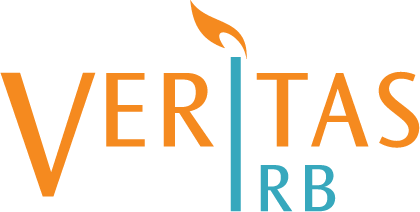When do you think this process begins? Take a moment to think about it before reading on…
Does the informed consent process begin with the informed consent discussion? It may surprise you, but the “FDA considers direct advertising for study subjects to be the start of the informed consent and subject selection process”. This means that, in the FDA’s view, the informed consent process actually begins long before the informed consent documentation (ICD/ICF) is ever presented to a potential Research Participant.
The FDA also considers ‘receptionist scripts’ (also known as ‘screening scripts’ or ‘screening tools’) as advertising that falls under the informed consent process: “The first contact prospective study subjects make is often with a receptionist who follows a script to determine basic eligibility for the specific study. The IRB should assure the procedures followed adequately protect the rights and welfare of the prospective subjects. In some cases personal and sensitive information is gathered about the individual. The IRB should have assurance that the information will be appropriately handled. A simple statement such as ‘confidentiality will be maintained’ does not adequately inform the IRB of the procedures that will be used.”
Although the Good Clinical Practice Guidelines, adopted by Health Canada, recommend, under section 4.4.1, that an IRB/REB approve recruitment procedures, there are no explicit guidance on the content and review of recruitment procedures in Canada. Therefore, many Canadian IRBs/REBs follow the FDA’s guidance on the evaluation of research participant recruitment process.
It is thus very important to obtain approval from the IRB/REB prior to the use of any study advertisements, recruiting materials, or screening tools. The FDA is very clear on this point: “FDA expects IRBs to review the advertising to assure that it is not unduly coercive and does not promise a certainty of cure beyond what is outlined in the consent and the protocol. This is especially critical when a study may involve subjects who are likely to be vulnerable to undue influence.”
If the study advertisements, recruiting materials, or screening tools are not ready for submission to the IRB/REB as part of its initial review of a study, Veritas IRB permits these documents to be reviewed by at a later date; what’s important is that the IRB approves them prior to their use.
In summary
What is important is that these documents obtain unconditional approval by the IRB/REB prior to their use by the Sponsor, CRO, Investigator, or any research staff.


